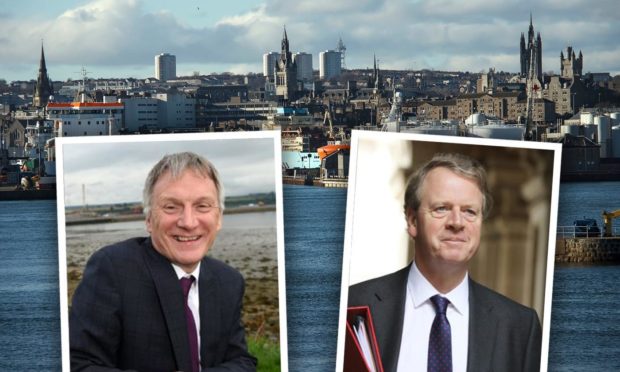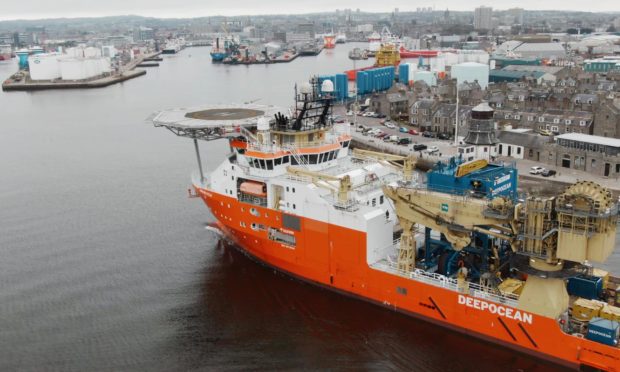The SNP and Tory governments are at loggerheads over plans for “freeports” with special tax status in Scotland – and it could become another flashpoint for the constitution.
The row is being reignited after a deadline passed on Tuesday for bidders to lodge their interest, ranging from Aberdeen and Peterhead, to Dundee, Leith and the Comarty Forth.
We exclusively revealed in March how frustration at Westminster was bubbling over into what looked like an ultimatum. Either the SNP get on with it and accept Tory-imposed policies, or the UK Government would just crack on and set up the ports without them.
The Holyrood election was just around the corner, and it arguably suited both sides to look like they were digging in. But the continued failure to make headway means Scottish business is still waiting while ports in England are already well under way.
It also raised concerns about Tory attitudes to devolution, just as polls were showing a boost for Scottish independence.
There’s an added problem: the SNP are currently in talks over potential “power sharing” at Holyrood with the Greens, a party which previously called freeports “state sponsored tax dodging with no place in a progressive Scotland”.
Before the May election, talks appeared stuck on details including the Scottish Government’s preferred “green ports” name, details of tax relief, number of locations and the SNP’s proposals for “fair work” guidelines.
Scottish trade minister Ivan McKee also demanded an equal footing for funds. He complained the UK Government were paying for English sites while asking Holyrood to cover costs north of the border.
Meanwhile, the UK Government’s Scottish Secretary, Tory MP Alister Jack, stuck to a hardline approach.
However, he did appear to give some ground on the key sticking points earlier this month. The SNP looked ready to accept the freeport name, while the Tories seemed ready to adapt the SNP focus on “fair work and environment” conditions.
‘Muscular unionism without the muscle’
The public attempts to strong-arm the deal did not go down well with Scottish Government counterparts who were only too keen to mock Mr Jack. One senior source described it as “muscular unionism without the muscle.”
The source, who claimed meetings had been terrible, also said Mr Jack was “getting in the way” of more reasonable talks at official level. On the other side, senior officials are frustrated at what they see as a stubborn refusal to accept a uniform approach using the “internationally recognised” freeport term.
As far as devolution goes, taxation policy at that level is reserved to Westminster. But Holyrood looks after planning, transport and other economic responsibilities.
With so many ultimatums and deadlines already passed, perhaps the most important one was the latest. Notice of interest had to be made to the Scottish Government by July 27. Now it’s up to the politicians to show whether they can work out how to make it happen.

